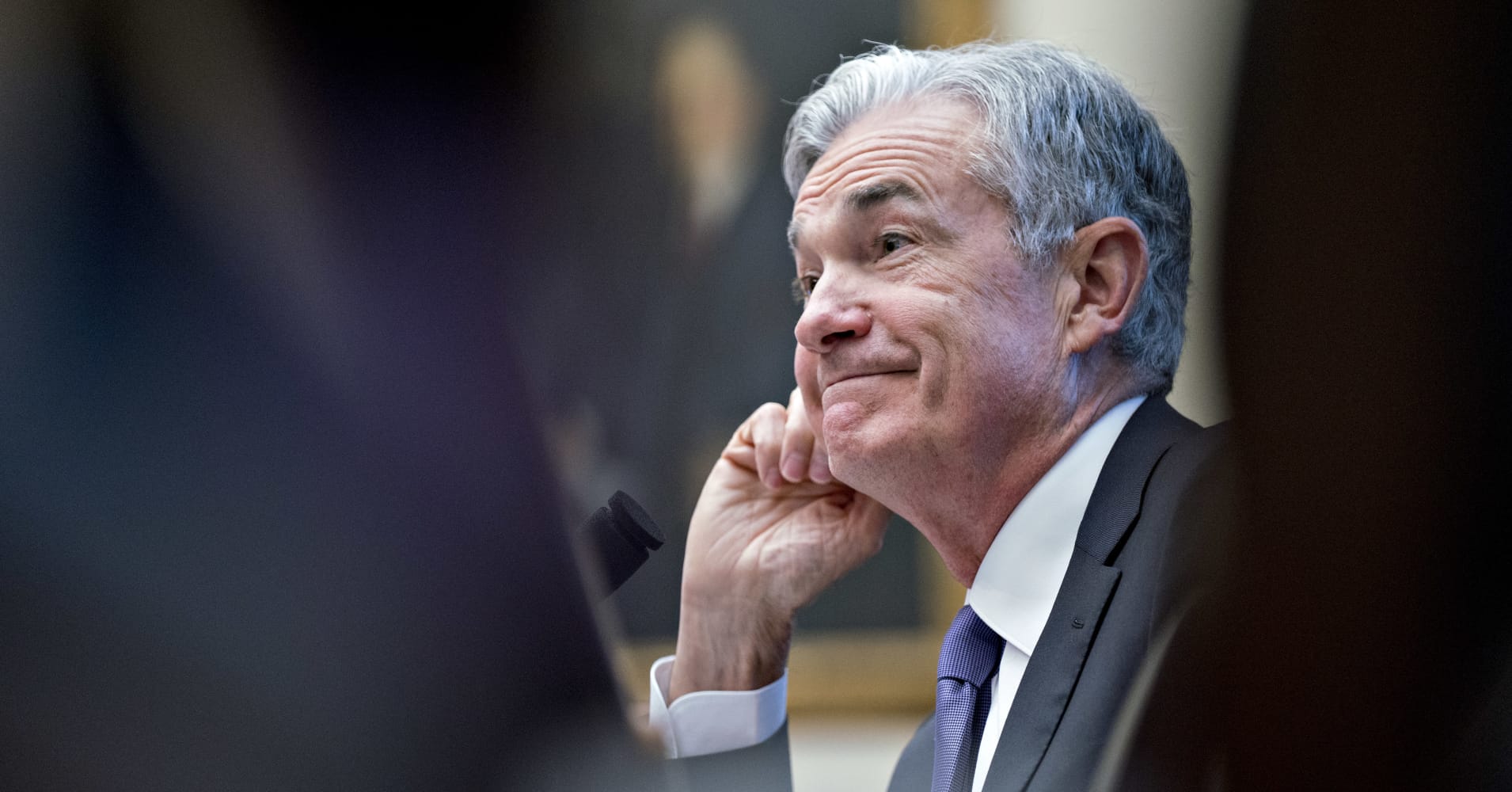
“I think there’s one very key thing we have to watch…which is they increase their long-term growth forecast. Currently it’s 1.8 percent,” said Jim Caron, portfolio manager at Morgan Stanley Investment Management. “If they take it up to 1.9 percent, that’s a pretty important signal.”
A higher longer term growth rate is both hawkish and bullish. It means the Fed is also likely to raise its near term forecasts, but it also means it sees a sustainable higher pace of growth for the economy, implying higher corporate earnings growth.
Mark Cabana, head of U.S. short rate strategy at Bank of America Merrill Lynch, also expects the Fed to boost its growth forecasts, for the near term and the longer term. “I don’t think the Fed is going to come out and sound like they’re on the war path to raising rates. I think they’re going to sound more measured— ‘the data has been strong, and we’re more confident in our forecast,’” said Cabana.
Cabana said he expects the Fed to “sound more confident in the outlook, more confident to keep going the way they have been going, and I think the market will probably not be sorry it’s pricing in ongoing rate increases from the Fed.” He said the market is now pricing two hikes for next year, nearly double what it was expecting just several weeks ago. “It’s just a fact the data in the U.S. continues to be strong. Some of the worst fears over trade were not realized,” he said.
He expects the Fed will keep its forecast of four hikes for this year, three for next, one for 2020, and in a new forecast, add about a half a hike in 2021. That would bring the fed funds rate to 3.50 percent.
Source: Bank of America Merrill Lynch
JP Morgan economists expect the Fed to note a change in its policy stance. “We believe the most notable change to the statement will be to drop the reference to policy being ‘accommodative,’ and to make no further assessment of whether policy is stimulative or restrictive. We expect Powell will continue to play defense at the press conference, and to not push any strong views on the outlook,” wrote JP Morgan economists.
The Fed has been expected to move away from describing policy accommodative. Cabana said he expects the Fed to remove that sentence from its statement altogether.
BofA strategists said the removal of the word “accommodative” could seem dovish since the Fed sees policy getting closer to neutral and will then stop raising rates. But they said they believe it is hawkish since the Fed believes the economy is strong enough that it no longer needs to be accommodative and can transition to the next stage of rate hikes.
Neutral is the level where rates are viewed as neither stimulating or slowing the economy.
Robert Tipp, chief investment strategist at PGIM Fixed Income, said he believes the Fed is at a transition point, and he views the approach of a neutral level differently.
Be the first to comment